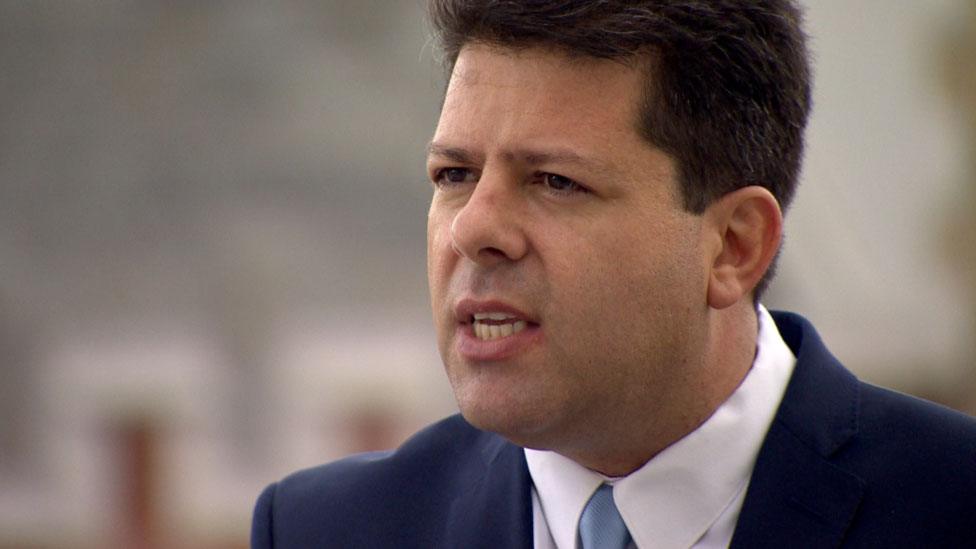A man with a plan, and ruthless truth
- Published
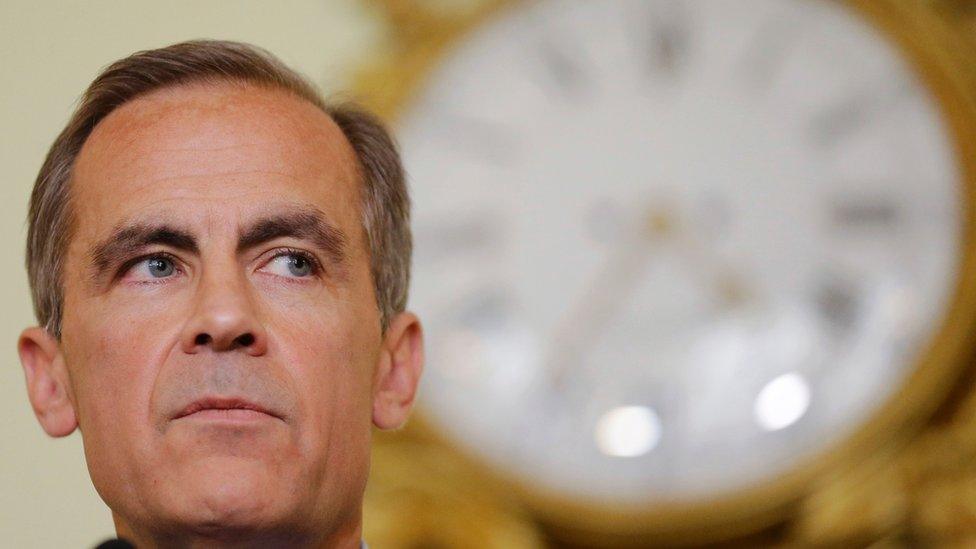
The Bank of England behaves a bit like a religious order. To show just how much it's on top of things, its most senior cleric intones in a sort of obscure economic theology.
Uncertainty, points out Mark Carney in his latest speech, can "weigh on employment and aggregate demand, creating disinflationary pressures, while the freeze in resource reallocation can hold back productivity and aggregate supply, creating inflationary pressures".
The flow of this technocratic monologue is helped, at least for the reader, with no fewer than 13 charts.
This was a carefully calibrated contribution to discussion of where the British economy is going next, and what can be done to absorb the shock of the referendum rather than use policy to amplify it.
Mr Carney's calm Canadian tones are meant to reassure. Even if you don't know what he's on about, you should get the impression of a serious man for serious times.
So he put the Brexit crunch in context. The economy was showing signs of slowing up before the referendum, from real estate to car sales to falling business investment during winter.
Economic uncertainty is much lower than it was eight years ago, he added, with a chart to help make the point.
But consumer and business behaviour has not recovered from the shock back then. We have "economic post-traumatic stress disorder", suggests the Governor.
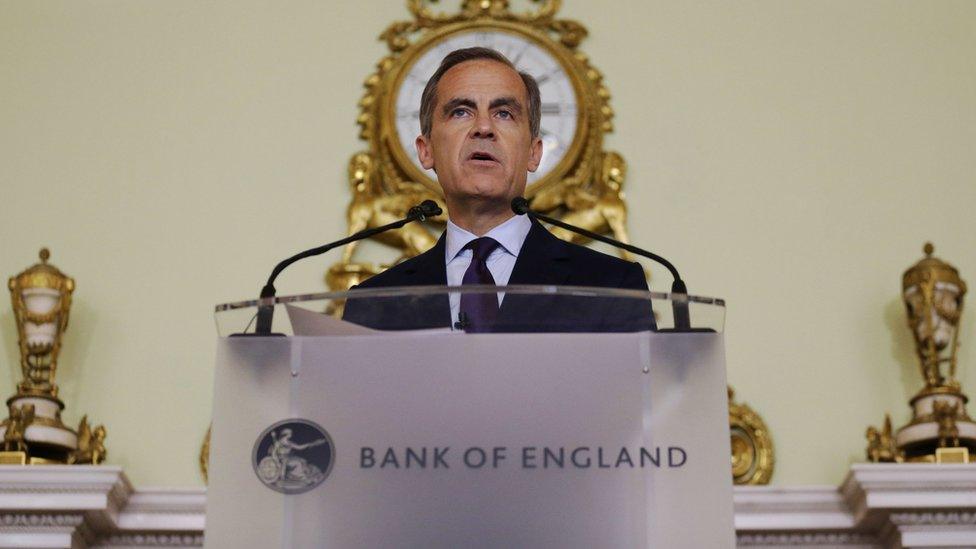
There were two other big messages in this speech, both needing some interpretation.
One was a reiteration of the message in his speech last Friday morning, when the shock of the result was still fresh. "We told you so," he's saying. None of this should come as a surprise. The Bank of England's economists were unanimous about the risk of Brexit.
The other is a message to government. It's carefully worded, but it's pretty clear from what Mark Carney says has to happen when uncertainty is this high.
One, conduct a sober objective assessment of the outlook. Two, develop a plan and communicate it. Three, minimise confusion about your core economic policies.
Now, apply that to the position of the Leave campaign, and the position in which the UK government finds itself. Even George Osborne's target of getting to a budget surplus before the next Westminster election is being unravelled by Theresa May.
Uncertainty
As for the plan that's now needed? It should include "a comprehensive strategy for engaging with the EU and the rest of the world, including clarifying the UK's future trading arrangements, calibrating its openness to migration, ensuring the continuity of capital flows, and confirming the appropriate regulatory framework for the UK financial system".
Are any of these yet clear? No. Nor are they likely to become so for a long time.
We are now, clearly, in a period of uncertainty. This can be tracked by economists' indices. Economic uncertainty, which spiked with the crisis from 2008, is now below average. Geopolitical uncertainty spiked with the 9/11 attacks. It then moderated and is now rising again.
But policy uncertainty - the lack of a clear outlook for tax or regulation or anything else that governments or voters might throw at the economy - has risen. Mark Carney says that it is 1.25 times higher for the US and Japan than it was before the financial crunch. In China, it's three times higher. In the UK, it had risen to five times more than the pre-crisis average, and that was before the EU referendum really got under way. Such uncertainty comes at a price.
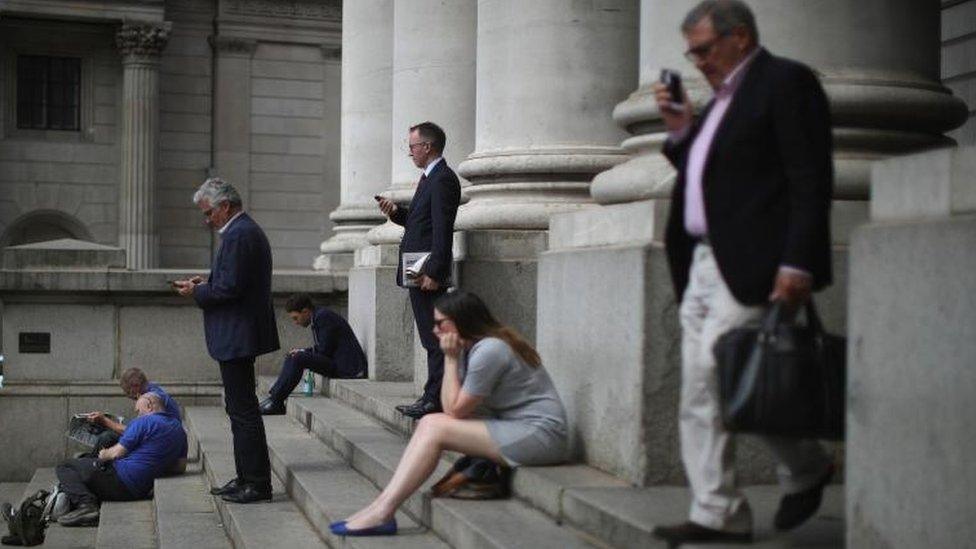
Having been strongly and personally criticised in recent weeks by prominent campaigners for 'leave', Mr Carney offers a pointed response: "The Bank conducts policy consistently, transparently and accountably. Its policy committees are straight with the British public about the risks and trade-offs in the pursuit of our objectives".
It's almost as if he's suggesting some others have been less than straight about such things.
And he concludes with "ruthless truth-telling", starting with the observation that there's only so much the Bank of England can do. The future of the economy, jobs, wages and wealth are not for monetary policy-makers:
"These will be driven by bigger decisions, and bigger plans being formulated by others."
The message: get on with it. The governor is a man with a plan. He now wants the government to decide on one too.
UPDATE:
One day later, and George Osborne has sort of hinted at his plan, and it's this: abandon the plan he had.
The central theme of his economic policy, on which Tories won the general election last year, was to get the deficit down and into surplus by the next election.
The chancellor now seems to be saying that isn't going to happen - or at least that we have to be "realistic" about reaching the target. That fits with opposition calls and with comments by the leading contender for the Conservative leadership, Theresa May.
So it sounds like the end of one plan, rather than shaping a new one. Policy is even more in limbo, until a new prime minister is chosen. She or he may or may not keep Osborne at the Treasury.
- Published27 June 2016
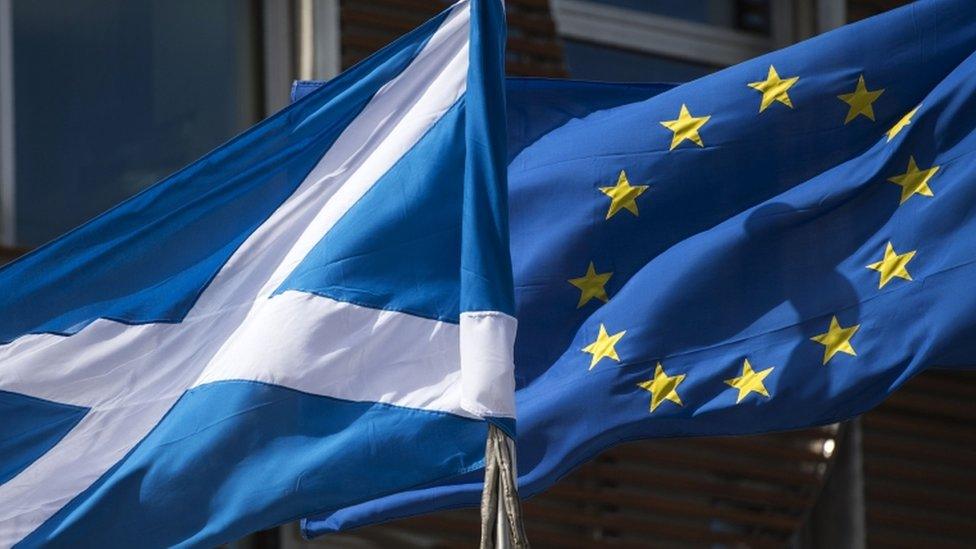
- Published27 June 2016
